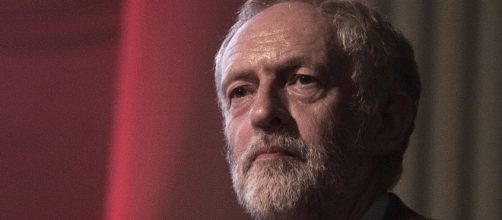Jeremy Corbyn has been a Labour MP since 1983, and few were as surprised as he was that he won the Labour leadership. He almost did not even get on the ballot paper, as he had little support among the Parliamentary group of Labour MPs. It was only when Sadiq Khan gave him his nomination that others joined in, but only with the aim of stimulating a debate within the party.
Corbyn now has a number of challenges: the chief of which will be to win the support of his own MPs. He is renowned in the Party as being a maverick and has the reputation of being the most rebellious of all Labour MPs.
He now has to impose the discipline he rejected on his own party.
An early challenge to the virulent anti-establishment figure was whether he would accept the offer of a Privy Council place. This allows the holder to be termed ‘The Right Honourable’, but it requires an oath of obedience to the Monarch. This was problematic for Corbyn as a committed republican. However, it was made clear by the Prime Minister that as leader of the opposition, he would only be given access to confidential security information if he was a Privy Councillor. Mr Corbyn agreed.
However, further challenges lie ahead, not least the vote planned for October on whether the UK should take part in military action against the Islamic State.
Other issues that are raising concerns include his position on the UK’s place in the EU, the renewal of the Trident nuclear defence system and Britain’s place in Nato.

